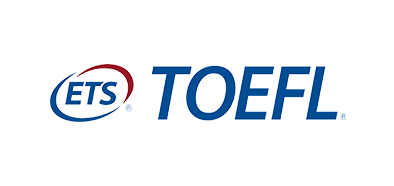A minimum of an upper second-class UK Bachelor's degree (or international qualification of an equivalent standard) in a highly quantitative subject such as computer science, mathematics, engineering, physicals, or statistics. Additionally, applicants must have knowledge of mathematical methods including linear algebra, calculus, probability and statistics at least at the level taught in the first year of a UK university undergraduate programme in the mathematical sciences. Relevant work experience may also be considered. Depending on the optional modules selected, students undertake assignments that contain programming elements and prior experience in a high-level programming language (e.g., Python) is useful.










